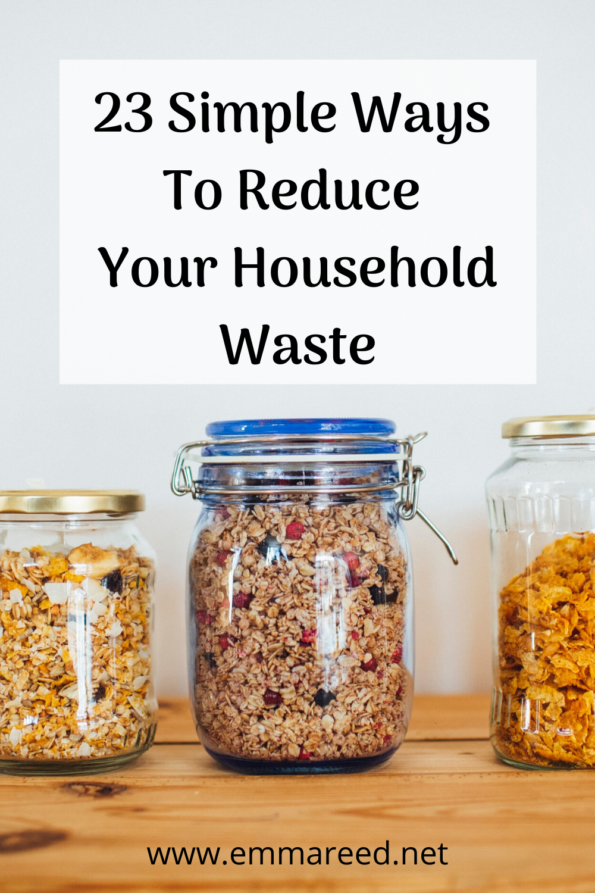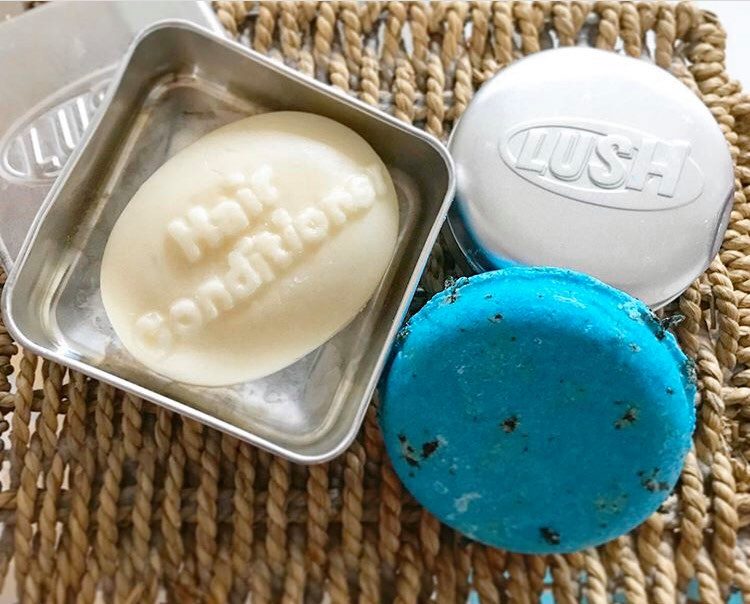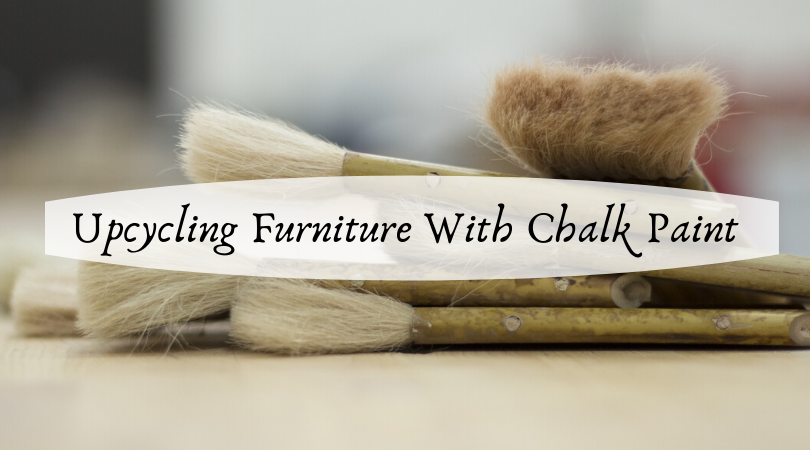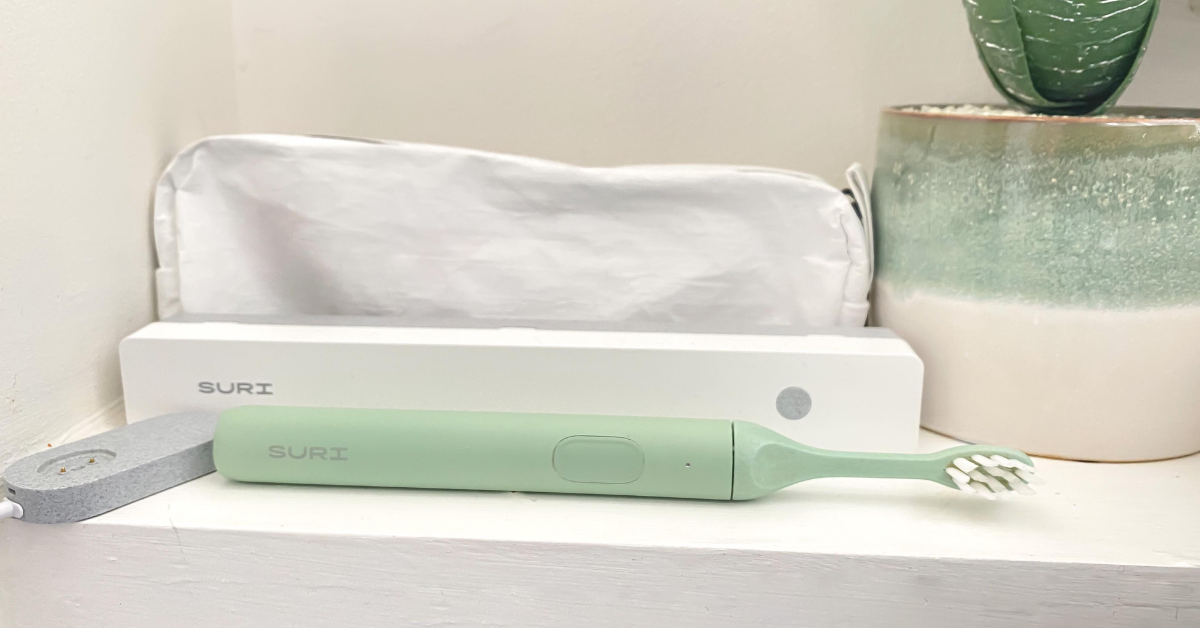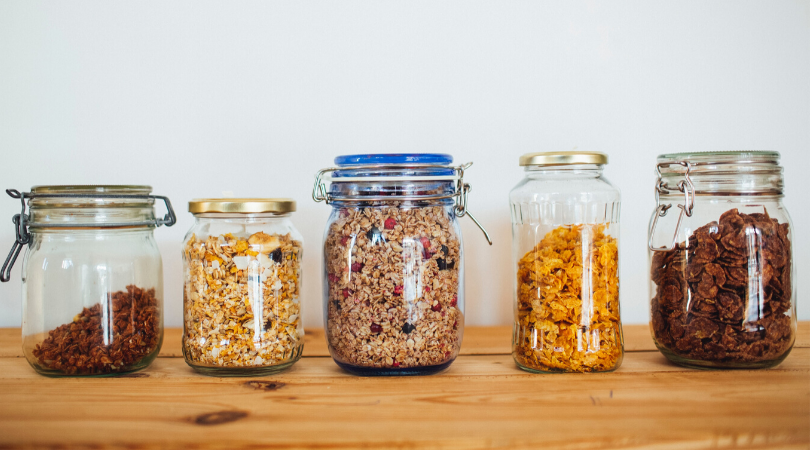
23 Simple Ways To Reduce Your Household Waste

Reducing our household waste has been an ongoing process for the last 2 years and even though it all comes with research and learning curves we are finally making a huge dent in how many bin liners leave our home for landfill. Our best ever was one bin bag in one week and that’s a family of 4 with one child still in nappies, a dog and a cat!! Yes, it is doable and no it doesn’t have to be hard and I want to share exactly how everybody could make changes within their own lives and lifestyles to work towards a more environmentally friendly future for all of us. Here are 23 simple ways to reduce your household waste…
How To Reduce Your Household Waste…
Cloth Nappies
Let’s start with the biggie, the one thing that parents spend an awful lot of money on that last for just one single use… Nappies! Did you know that the average parent spends around £1200 on one child’s nappies in their lifetime? And that money ends up in landfill along with the product that takes 500 years to decompose (around 6,000 per child to be exact). The waste inside of these releases toxic greenhouse gases and contributes to global warming too. By comparison, you can spend around £200 on enough cloth/reusable nappies to use on every child you have. And your next thought or comment will go to washing, right? Yep, you do have to spend some of your time washing your nappies but I promise this is not at all difficult and only has to be done a few times a week if you have enough nappies to get by with. I have this blog post here that outlines how simple washing nappies really is.
Other articles which may be helpful include:
Reusable Wipes
As with disposable nappies, disposable wipes are used in abundance, they are single-use and they also contain plastics. These will again cost a parent an awful lot of money over the years, they will take hundreds of years to breakdown (whilst releasing microplastics) and it is just money down the drain. Reusable wipes are probably one of the easiest swaps that anyone can make, even if cloth nappies aren’t for you reusable baby wipes may well be. All you have to do is wet with warm water (you can add essential oils if you wish), use, wash and reuse. Simple! I use mine for bums, faces and hands and have a variety of them to choose from. They all get washed with my cloth nappies. If you have further questions about using them I have two blog posts that may be helpful:
Cloth Sanitary Pads, Period Pants and Menstrual Cups
Disposable sanitary pads and tampons all tend to contain perfumes, chemicals, bleach and plastics and just think how much the average menstruator goes through each and every month. By swapping to reusable products you will not only be reducing your household waste, you will also be making a big step in preventing more plastic waste that will take hundreds of years to breakdown. Cloth sanitary pads or CSP are very simple to get on with, they do not smell, they are comfortable to wear and can be washed. A menstrual cup can be used time and time again and can be worn for up to 12 hours without any issues. You will just need to sterilise it regularly. And period pants are worn just like ordinary pants but have a built in absorbent layer to keep you dry and comfortable during your period.
For more information on reusable period products you can refer to:

Reusable Cloths
I literally have a reusable cloth for everything– wiping down surfaces, cleaning the kitchen, cleaning the bathroom, dusting, wiping skirting boards and so on. I wash them as and when I need to and they don’t take any special treatment as they are only for cleaning. I do not buy disposable wipes for the home, I just cannot bring myself to waste that money or damage the environment with them.
Articles that may be useful:
Beeswax Wraps
Clingfilm is one single-use plastic that I hate. It cannot be recycled, it cannot be reused, it doesn’t breakdown easily which can lead to wildlife being severely damaged or killed and again, it is just a waste of money. You cover up your food for a short time and then it goes into your bin. Beeswax wraps are a great solution to this product. Made from cloth and natural beeswax, these wraps can cover a wide variety of foods, they keep it fresh for the amount of time required and then you simply wash them in cool water, dry and reuse them. Beeutiful sells DIY kits if you fancied making your own like we did here (once I got it right!) or you can purchase them readymade from a wide selection of online shops.

Buy Soap Bars
Bars of soap are no different to liquid soap in a dispenser. It does the exact same job but at the end of its life, there is zero waste. With a dispenser you are left with a plastic bottle that has so many components, it cannot be easily recycled and will have to go into your normal household waste. You could even have a go at making your own soap. You could also consider switching your liquid shampoo and conditioner for bars of the same. Such simple swaps that can make a big difference.
You may also find these useful:
Reusable Swabs
I believe that LastSwab’s eco-friendly and sanitary swabs are a perfect alternative to single-use earbuds/Q-tips. What is amazing about these swabs is that you can use them around 1000 times and after every use, you just need to simply wash them with soap and water.
Shop Loose & Take Your Own Containers
Take your own cloth bag and fill this rather than purchasing any fruit and veg that is plastic wrapped. To cut back even further on needless plastic waste, take your own containers to the supermarket and use the counters to purchase your meat, fish, cheese and so on.
Buy Glass Jars
Reduce your household waste by purchasing your condiments, jams, spreads in glass jars rather than plastic bottles. Glass is collected separately and is easily recycled. It is also very easy to reuse glass in many ways around the home meaning you won’t be wasting them at all.
Get a Milkman
A lot of families go through an obscene amount of milk each week which in turn leads to an obscene amount of plastic cartons being tossed out. By switching to a milkman you will not only be able to get milk in glass bottles but you can also add to your order and have juice in bottles, loose fruit and veg, freshly baked bread and so much more. Our milkman reuses the milk bottles and any other glass bottles can go into your normal glass recycling.
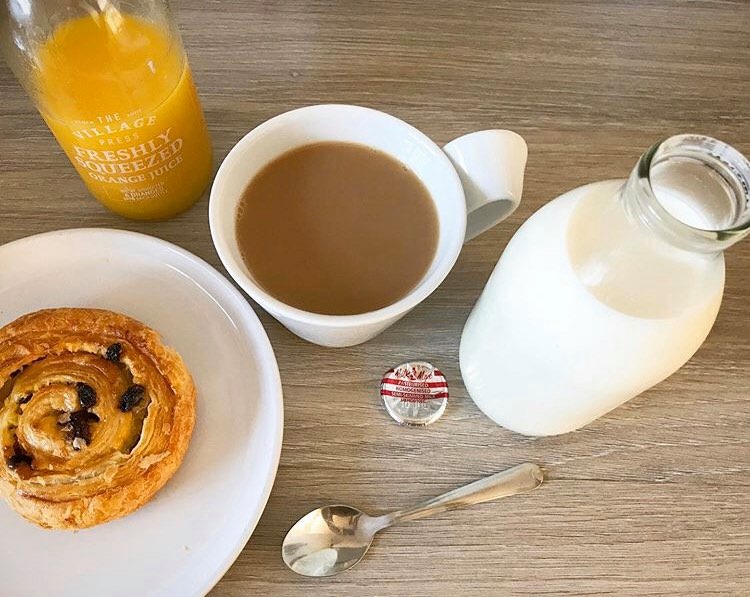
Reusable Tea Bags or Loose Tea
A lot of tea bags are known to contain plastic which means this is yet another product that will breakdown slowly and will release microplastics into the ground or ocean as it does so. Last year we made the swap to reusable (cloth) tea bags and I now have the best cuppa I have ever had every single day! Tea bags aren’t naturally white, they are bleached to look that way and add into that the products that make it as well as the plastic and I actually feel sick thinking about what I have been ingesting all these years. The cloth tea bag (that only costs 55p each) can be filled with one teaspoon of your choice of loose tea, you then make your cuppa as normal. I leave the tea bags to cool down before cleaning them so I just place them in a dish for later. To clean, you empty your loose tea into your bin or compost bin and then simply wash the bag with warm water and leave to dry.
Shop Small/Local
By shopping small, locally or with eco-friendly businesses you will be able to take your own containers, they won’t be giving you excess packaging and you can usually pick items up individually too.
Purchase Recyclable Packaged Products
This is a key tip when you have no choice but to buy a lot of packaged goods– check the labels! See how you can dispose of the waste, see if you can pop it into your recycling bin or if you have to use terracycle, check what it is made of and so on. If you can pick an item that can be recycled over one that can only go into landfill you know which is best!
Terracycle
What is Terracycle?
TerraCycle is Eliminating the Idea of Waste® by recycling the “non-recyclable.” Whether it’s coffee capsules from your home, pens from a school, or plastic gloves from a manufacturing facility, TerraCycle can collect and recycle almost any form of waste. We partner with individual collectors such as yourself, as well as major consumer product companies, retailers, manufacturers, municipalities, and small businesses across 20 different countries. With your help, we are able to divert millions of pounds of waste from landfills and incinerators each month.
They can take packaging that may not be normally recycled by your kerbside waste collectors and will do the job instead. Things like crisp packets, pet food pouches and drinks cartons are some of the more common items they can accept. To check if or how you can do this in your area, check out their website here.
Make Your Own Cleaners
Instead of buying copious amounts of household cleaners to do all of the jobs in your home why not try making your own? I’ve been doing this for around a year or so now and have saved so much time, money and waste! I have plenty of ideas on my eco-cleaning tips page here.
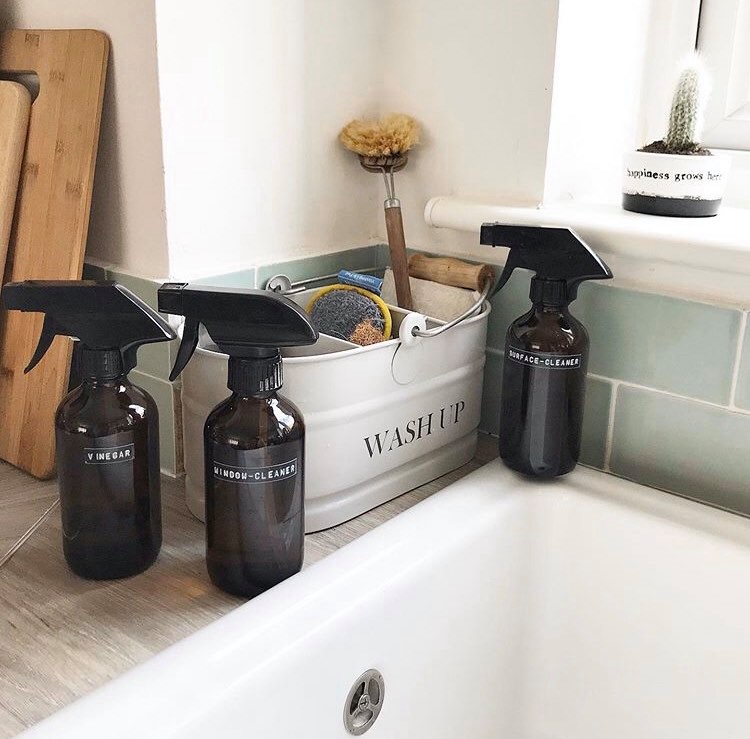
Refill
Check to see if there are any stores nearby who offer a refill service for certain items such as shampoo, washing up liquid, toilet cleaner, surface cleaner etc. This a great way of still using products that you love but you will be saving on the plastic waste by reusing and refilling your bottles or containers.
Grow Your Own
No matter what space you have you can definitely give at least something a try in a garden, pot, planter or on your windowsill. We have been growing strawberries for about three years, we have also had green beans one year, peppers another and this year we are attempting cabbages. It’s quite good fun and it means we can grab these items straight from the garden rather than going to the shops. My in-laws are experts in growing their own now and have been doing it all of their lives so we are also very lucky to be able to get a lot of veg from them too. Keep your eyes peeled for anybody local who may sell theirs outside their homes. Often they don’t want much (sometimes nothing at all) for them and there is no waste from buying this way.
Cook From Scratch
To save even more waste from packaged meals, why not try cooking from scratch a little more often? Using fresh meat and veg will mean the only waste you will produce will be the cuttings which can go into compost… And onto my next tip
Compost
Home composting isn’t as tricky as you may think. I started mine last year and am most definitely a novice but so far I have followed the advice from online and a book and it seems to be going well. Kitchen waste such as eggshells, cuttings, loose tea, peel from fruit, leftover fruit and veg etc can all go into a compost bin. Your green waste can too as well as cardboard. No matter what size bin you have, you can make a small difference to how much you throw away which will all add up over the course of a year.
Bake
Just like cooking from scratch helps so can baking. Bread often comes in plastic packaging, baked goods are usually found in plastic/paper bags or plastic containers in supermarkets and all of these can be eliminated by making your own.
Reduce Your Washing
By reducing your washing you will be reducing the amount of powder and conditioner you use which again, is usually packaged in plastic or cardboard. Alternatively, you could swap to an eco-egg which can be used over and over again with very little waste.

Repurpose
Don’t throw it all away!! Find other uses for that waste and work out how you can repurpose it within your home. Ideas can include reusing glass jars, using cardboard for arts and crafts, using plastic bread bags to crochet with (yes, this is possible!), refilling plastic bottles with your homemade cleaners, saving tissue paper/shredded paper for future packages you need to send yourself, using takeaway tubs for storage and so on. Get creative!
Recycle In-Store
These days you can save up things like batteries, Brita water filters, lids and certain plastic items and take them back into your supermarkets who send them off to be recycled. Don’t throw these into your normal bin, keep them to one side and remember to take them with you on your next trip to the shops.
And that’s it, very simple steps to help you reduce your household waste without having a huge impact on your current lifestyle. Remember, small sustainable steps work and even if you can only do a handful of these, you will be making a big difference.

Pin for later:
